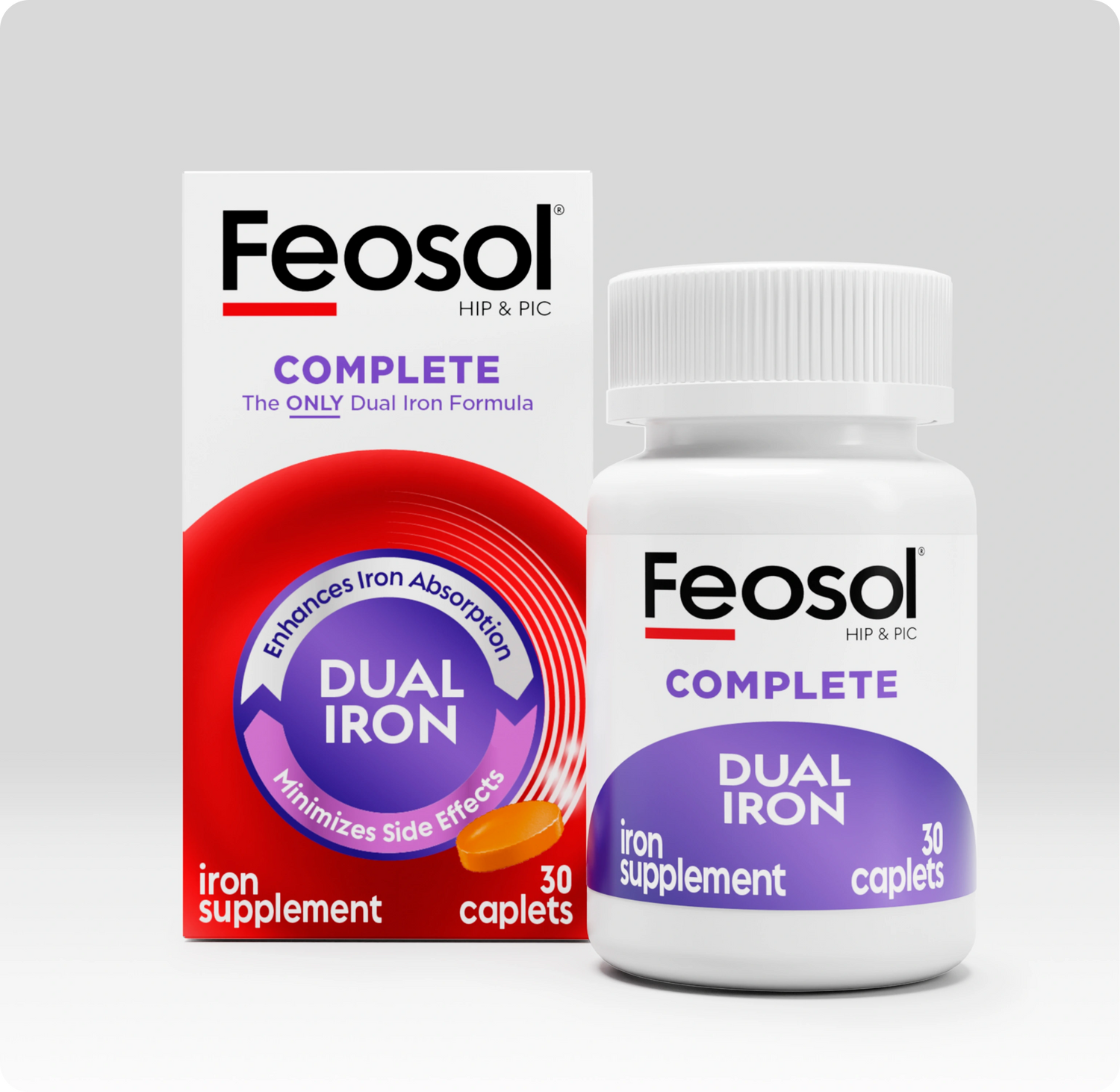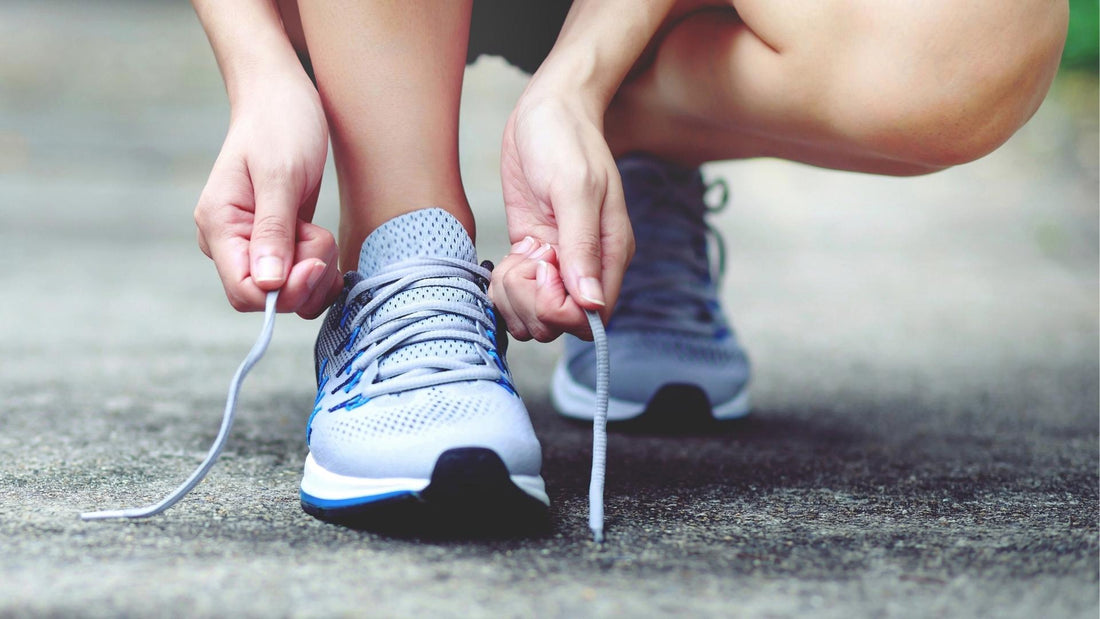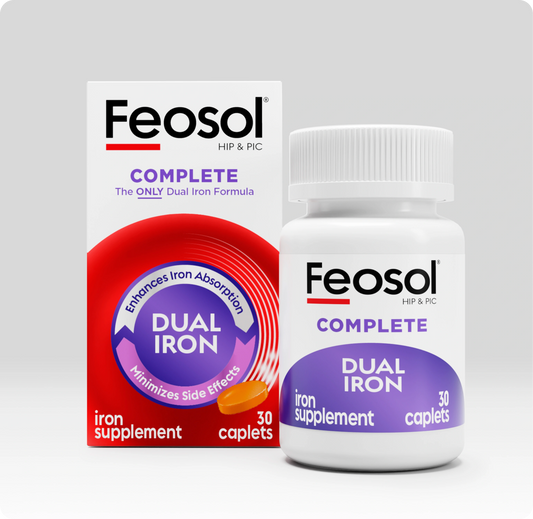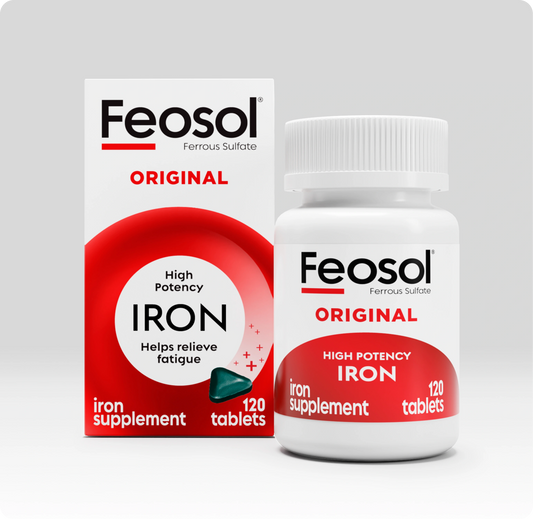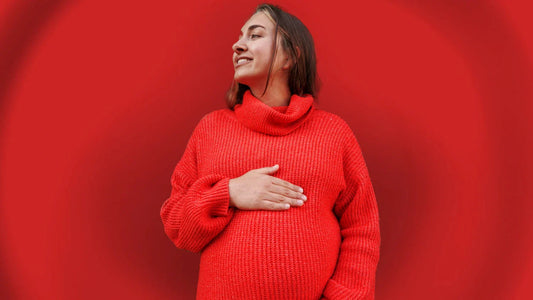You may be surprised to learn that iron deficiency is a common problem for active people, athletes, and runners. One of iron’s major functions is to carry oxygen to the cells in your body, making iron essential for athletic performance.
Endurance sports and hard training stimulate an increase in red blood cell production, thereby increasing the body’s demand for iron. Athletes especially vulnerable to iron deficiency include: female athletes, endurance athletes and vegetarian athletes.
Why are female athletes vulnerable to iron deficiency?
Due to blood loss associated with menstruation, female athletes are particularly vulnerable to iron deficiency. An active female athlete involved in a rigorous training program has an increased risk for iron deficiency anemia. Iron deficiency is common with or without anemia and decreases athletic performance.
Young female athletes are especially vulnerable to iron deficiency. Female athletes between 13 and 19 years old may have inadequate supplies of iron due to menstruation and strenuous exercise. Female athletes who train heavily have a high incidence of amenorrhea (the absence of regular, monthly periods) and thus conserve iron stores.
Why are endurance athletes vulnerable to iron deficiency?
Male and female endurance athletes may also be at an increased risk for iron deficiency. In endurance athletes, ‘foot strike’ can cause damage to red blood cells in the feet (due to running on hard surfaces with poor quality shoes) which can lead to iron loss.
For these reasons, the need for iron may be 30% greater in those who engage in regular intense exercise.
Why are vegetarian athletes vulnerable to iron deficiency?
Vegetarian athletes have a high incidence of iron deficiency. Vegetarians and individuals who avoid red meat often have difficulty meeting the body’s iron needs because they must rely on non-heme iron (iron found in plant, rather than animal products), which is less easily absorbed by the body.
Non-heme iron is found in dark green leafy vegetables, nuts, seeds, legumes, whole grains, fortified cereals, dried fruits, eggs, dairy products, and molasses. Heme iron can be found in animal products like beef, lamb, pork, chicken and fish, and is more easily absorbed by the body.
Considering an iron supplement
If you are an athlete or currently training, you may also want to consider iron supplements. Consult with your doctor to determine if you are iron deficient and whether an iron supplement would be beneficial to your overall health and training regimen.
